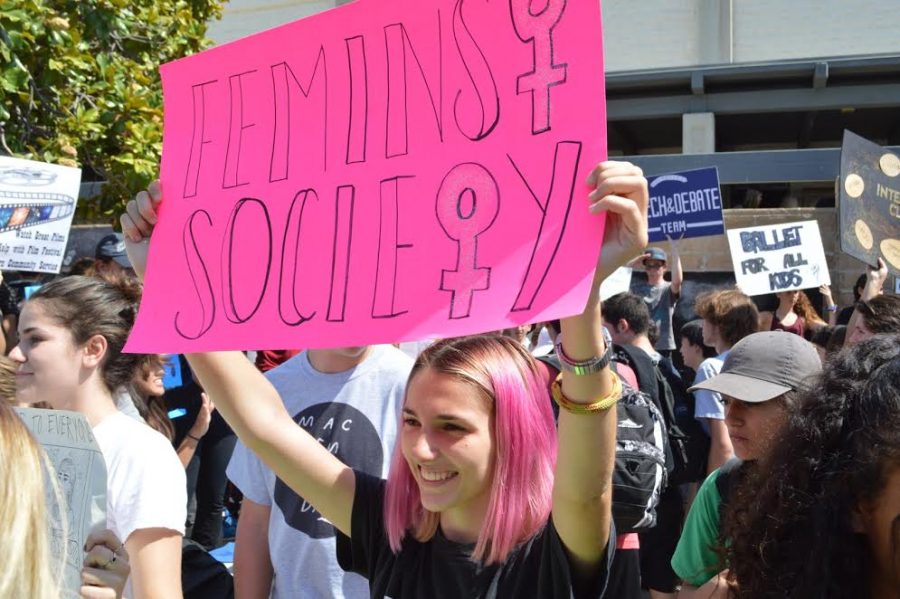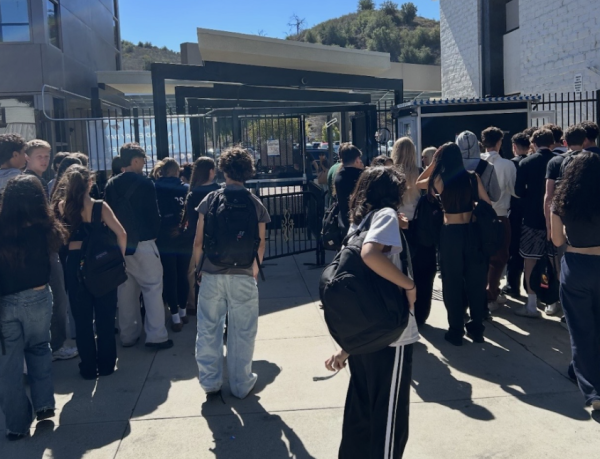End the stigma against feminism
In America, the word “feminist” has been turning heads since the late 19th century. The definition of the word is the political, social and economical equality of all genders. However, many people in the 21st century associate the term with “hatred of men” and “unreasonable”. Many young girls are embarrassed by the fact that they support a cause that empowers women because they are afraid that others will begin to place them under negative assumptions. While women in other countries are not even allowed to utter the word, people in this country are afraid to identify as a feminist in fear it could hurt their reputations. The stigma around the word feminist has been drilled into the people’s heads for decades, but why, in the generation that is supposedly the most open-minded, would we shut the idea out?
The first wave of feminism started as a fight for things that seem almost impossible to be without today—the right to vote, the abolition of slavery, the right to vote, the abolition of slavery, the right to decent working conditions and the right to be educated, to name a few.
Thanks to these efforts, women finally gained suffrage in the U.S. in 1920. When the second wave began in the 1960s, feminism became all the rage again. Constant protests for gender equality were shown in the media, giving the feminist cause a complete and total global impact. However, as soon as feminism was a consistent subject in the media, the backlash began.
“Feminism was established so as to allow unattractive women easier access to the mainstream of pop culture,” said talk show host Rush Limbaugh. Rush Limbaugh, a primary source of hatred toward the cause, hasrepeatedly bashed feminists for being “just unlikeable.” In the early 90s, the term “feminazi” reared its ugly head, pigeonholing feminists as “unattractive women with no real injustices being done to them.” The term became a common slur to those who simply wanted equality. While conservative “anti-feminazis” wasted their breath on the movement, feminism only grew stronger. By the mid 2000s, some of the biggest names in the world also started to have to label themselves “feminist.” Singer Beyoncé Knowles has been a huge staple in the feminist community, actively speaking out about feminism both in her songs and social media.
”We need to reshape our own perception of how we view ourselves,” said Knowles. “We have to step up as women and take the lead.”
The word feminist will always stand for the idea of equality. Identifying as a feminist should not be viewed as an ordinary trend that makes a person look edgy and unique. Feminism is knowing that oppression of any group is not moral. A person does not have to be a radicalized woman to be a feminist, but rather any man and woman who wishes to instate change through gender and racial equality.
Your donation will support the student journalists of Calabasas High School. Your contribution will allow us to purchase equipment and cover our annual website hosting costs.











